
El Museo Nacional de San Carlos (MNSC) abrió sus puertas en 1968 en el antiguo palacio del Conde de Buenavista. El museo conserva y exhibe en sus galerías la colección más antigua e importante de arte Europeo en Latino América. En cinco galerías permanentes, la colección presenta a los visitantes obras de los principales estilos pictóricos europeos.
Desde el gótico internacional de los siglos XIV y XV hasta los movimientos de artes visuales de principios del siglo XX, el museo contiene fuertes ejemplos de obras Góticas, Renacentistas, Manieristas, Barrocas, Rococó, Neoclásicas y Románticas. También hay selecciones destacadas de trabajos académicos mexicanos y arte europeo de los siglos XIX y XX.
En general, es una colección encantadora y fácil de apreciar en una tarde o menos.
___
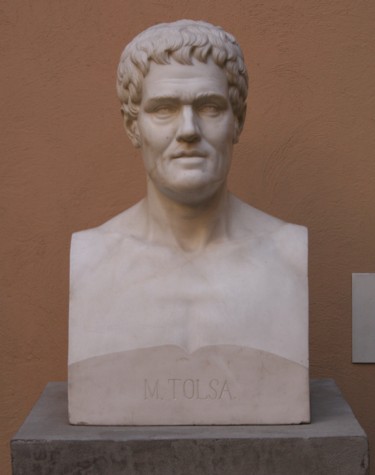
Probablemente diseñado y construido por el arquitecto, Manuel Tolsá, El Museo Nacional de San Carlos es una pieza maestra del diseño Neo-clásico. Construido entre 1798 y 1805, es atribuido a Tolsá (1757-1825), aunque existe una duda de si estaba adaptando diseños anteriores y más barrocos. Por lo tanto, las muchas curvas del palacio no se ajustan estrictamente a la exactitud y linealidad neoclásicas que esperamos de Tolsá.
El edificio fue declarado monumento nacional en 1932, pero albergó a inquilinos que habían incluido la tabacalera Basagoiti Zaldo, y entre 1823 y 1827, la primera delegación diplomática del Reino Unido a México. En el siglo XX, la Lotería Nacional tenía oficinas aquí, y luego fue una Escuela Nacional Preparatoria de la UNAM #4, de 1958 a 1965.
En 1965, El Ministerio Federal de Salud y Asistencia inició un trabajo de restauración con la intención de convertir el edificio en una Escuela de Salud Pública. Pero en 1968, en un momento de intensa construcción museística en México, se eligió la estructura para albergar la colección de arte europeo de la Academia de San Carlos. Casualmente esa era la misma institución a la que el arquitecto Manuel Tolsá había zarpado desde Cádiz para asumir su cargo de profesor de escultura a tiempo completo al rededor de 1791.
Los jardines del palacio, son conocidos hoy en día como el Parque Tabacalera, inmediatamente detrás del museo orientado al norte.
ADMISION GENERAL
Admisión $ 50.00 pesos, Domingos la admisión es gratuita.
 mnsc.info@inba.gob.mx
mnsc.info@inba.gob.mx
 8647 5800
8647 5800
 https://mnsancarlos.inba.gob.mx/
https://mnsancarlos.inba.gob.mx/
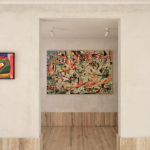
A newly created space for an outstanding collection of postwar abstract works by women artists . . .
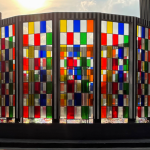
An impressive contemporary art museum in an inspiring context . . .
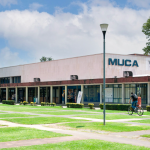
One of the UNAM's best loved and most central art museums . . .
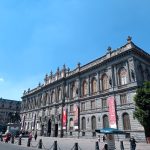
El Museo Nacional de Arte en el Centro Histórico de la Ciudad de México siempre será un punto memorable de tus vacaciones.
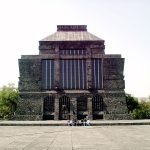
Pensado como una parte de la Ciudad de las Artes, el Museo Anahuacalli es un espacio mucho más contemporáneo de lo que puedas imaginar.